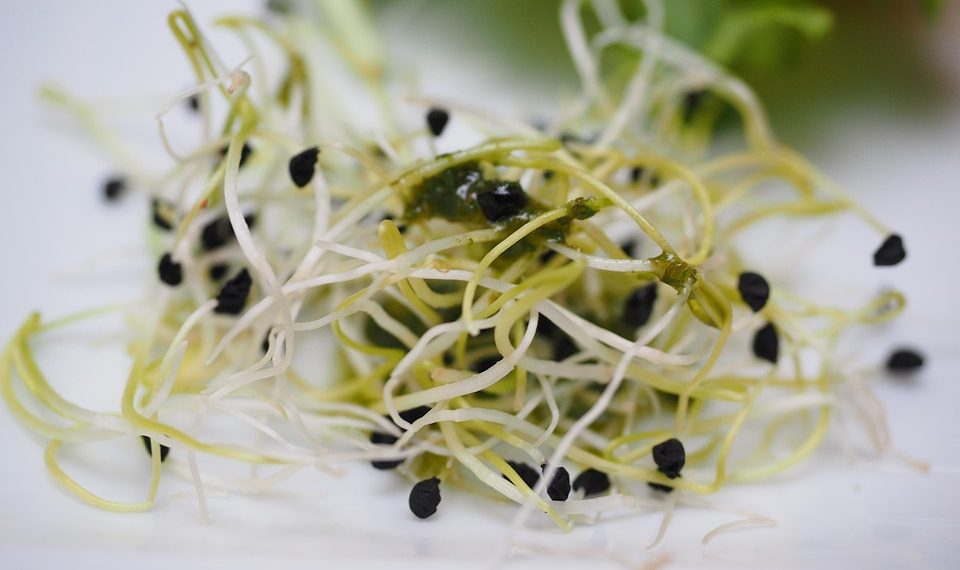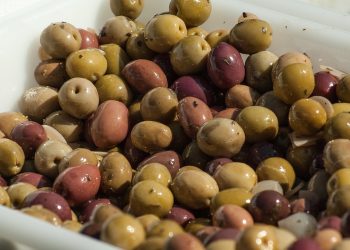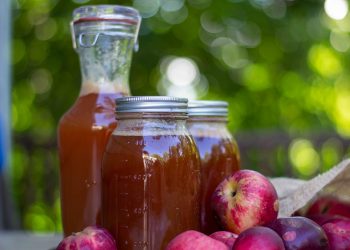Contents
5 Surprising Benefits of Brussels Sprouts for Joints
Ever found yourself reaching for something crunchy and green but only ever picked salad greens or broccoli? If you’re in the mood for something a little different, it might be time to give Brussels sprouts a shot. These tiny cabbage-like vegetables often get a bad rap due to their bitter taste when improperly cooked but offer a wealth of benefits—especially for your joints. Let’s explore five surprising benefits of Brussels sprouts and how they can enhance your joint health while addressing some of the potential concerns.
1. Rich in Anti-Inflammatory Compounds
Brussels sprouts are packed with potent anti-inflammatory compounds that can help reduce joint pain and swelling. One of the stars in this regard is glucosinolate, a sulfur-containing compound that, when broken down, converts to beneficial substances like sulforaphane. Research has shown that sulforaphane can inhibit inflammation in the body.
A study published in the Journal of Nutrition by Xing et al. (2010) found that components in cruciferous vegetables, including Brussels sprouts, significantly reduced inflammatory markers in individuals with arthritis [1]. By incorporating Brussels sprouts into your diet, you could potentially enjoy relief from joint discomfort.
However, it’s essential to remember that while these compounds can help, they’re not a substitute for medical treatment or a comprehensive healthcare strategy. Always consult with your healthcare provider before making significant dietary changes, especially if you have underlying health conditions.
2. High in Antioxidants
Antioxidants are like little warriors fighting off the oxidative stress that can harm your joints and lead to conditions like arthritis. Brussels sprouts are rich in antioxidants, particularly vitamins C and K. Vitamin C is crucial for collagen formation, which provides structure and strength to your joints.
A review by Eberhardt and Lee (2010) in the Critical Reviews in Food Science and Nutrition highlighted how antioxidant-rich foods, including Brussels sprouts, can mitigate chronic inflammation and improve joint health [2]. Antioxidants protect your cells from damage and help your body repair itself.
While it’s great to load up on antioxidants, moderation is vital. Overconsumption of any one food may lead to other health imbalances. A balanced diet with various fruits, vegetables, and other nutrients is best for overall health.
3. Source of Omega-3 Fatty Acids
When you think of omega-3 fatty acids, fish likely comes to mind. However, Brussels sprouts are surprisingly a plant-based source of these essential fats. Omega-3s are known for their anti-inflammatory properties and are essential for joint health.
In a study published in the American Journal of Clinical Nutrition, researchers found that plant-based sources of omega-3 fatty acids can help reduce the symptoms of rheumatoid arthritis [3]. Including Brussels sprouts in your meals can contribute to your overall omega-3 intake, supporting joint function and potentially alleviating discomfort.
Be mindful, though, that while Brussels sprouts offer some omega-3s, they shouldn’t be your sole source. Incorporating a variety of omega-3-rich foods, including flaxseeds, chia seeds, and walnuts, can deliver a more balanced intake.
4. Rich in Fiber for Digestive Health
Maintaining a healthy digestive system can indirectly influence joint health. The link between gut health and inflammation is an area of increasing interest in the medical community. A healthy gut microbiome can reduce systemic inflammation, which is beneficial for joint pain and stiffness.
Brussels sprouts are high in fiber, which promotes digestive health. In a study by Slavin (2013) published in the American Journal of Lifestyle Medicine, higher fiber intake was associated with a lower risk of chronic diseases, including inflammatory conditions [4]. This means that regular consumption of Brussels sprouts can not only help keep your digestive system running smoothly but might also lessen the inflammation linked to joint problems.
However, if you’re not accustomed to a high-fiber diet, introduce Brussels sprouts gradually to avoid digestive discomfort. Staying hydrated is also critical when increasing dietary fiber.
5. Low in Calories, High in Nutritional Value
Brussels sprouts provide a nutrient-dense option for those looking to maintain a healthy weight, which is crucial for joint health. Excess weight can place added stress on your joints, exacerbating pain and inflammation. Eating low-calorie, nutrient-rich foods like Brussels sprouts can help manage weight while still providing essential vitamins and minerals.
According to a study by Drewnowski (2004) published in The American Journal of Clinical Nutrition, nutrient-dense foods can aid in weight management without sacrificing essential nutrients [5]. This makes Brussels sprouts a valuable ally in support of joint health, allowing you to fill your plate without filling out your waistline.
Of course, as with any aspect of nutrition, moderation is key. Incorporate Brussels sprouts as part of a diverse diet rich in whole foods for maximum benefits.
FAQs About Brussels Sprouts and Joint Health
Q1: How can I incorporate more Brussels sprouts into my diet?
A1: Try roasting them with olive oil, garlic, and your favorite spices for a delicious side dish. You can also add them to stir-fries, soups, or salads for extra crunch and nutrition.
Q2: Are there any downsides to eating Brussels sprouts?
A2: While they’re nutritious, Brussels sprouts can cause gas and bloating in some individuals due to their high fiber and sulfur content. Introduce them slowly into your diet if you’re not used to high-fiber foods.
Q3: Can Brussels sprouts help with arthritis?
A3: While Brussels sprouts contain beneficial compounds that can reduce inflammation, they are not a cure for arthritis. Always consult your doctor for a personalized treatment plan.
Q4: How should I store Brussels sprouts?
A4: Keep them in a cool, dry place or the refrigerator where they can stay fresh for up to a week. Avoid washing them before storage, as moisture can lead to spoilage.
Conclusion
Embracing Brussels sprouts as a staple in your diet may provide several unexpected benefits for your joint health. From their anti-inflammatory properties to their high antioxidant content and fiber, these little green veggies can be part of a well-rounded strategy for maintaining better joint function. While they aren’t a singular solution, they can certainly contribute to overall wellness.
As with any part of your health journey, listening to your body is crucial. Experiment with different recipes and preparations, and see how they fit into your lifestyle. Next time you’re at the grocery store, consider adding Brussels sprouts to your cart—they might just become your new favorite.
References
-
Xing, D., Lee, H. J., & Kornstein, M. (2010). “Effects of glucosinolate-rich vegetables on inflammation.” Journal of Nutrition.
-
Eberhardt, M. V., & Lee, C. H. (2010). “Antioxidants and inflammation in chronic diseases.” Critical Reviews in Food Science and Nutrition.
-
Simopoulos, A.P. (2016). “Omega-3 fatty acids and arthritis.” American Journal of Clinical Nutrition.
-
Slavin, J. L. (2013). “Fiber and prebiotics: Mechanisms and health benefits.” American Journal of Lifestyle Medicine.
-
Drewnowski, A. (2004). “Nutrient density: Principles of nutrient-dense foods.” The American Journal of Clinical Nutrition.
Get Your FREE Natural Health Guide!
Subscribe now and receive our exclusive ebook packed with natural health tips, practical wellness advice, and easy lifestyle changes — delivered straight to your inbox.














